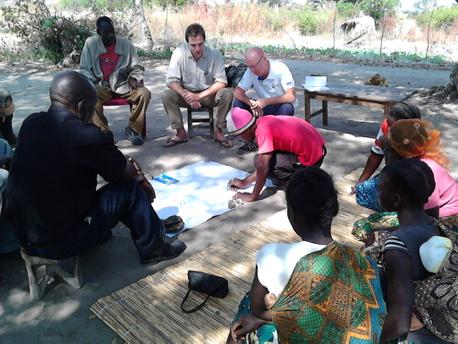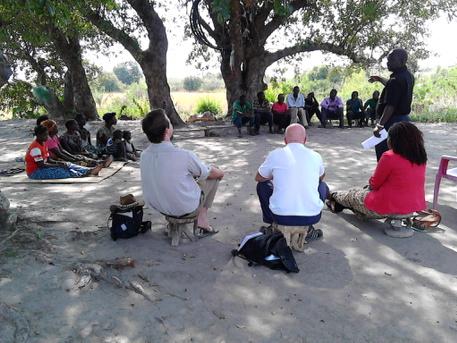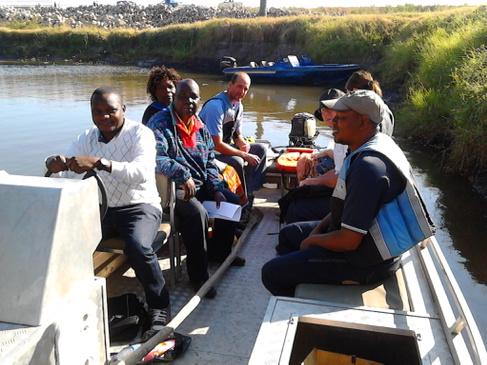Economic Empowerment of African Women Through Equitable Participation in Agricultural Value Chains
The report highlighted three broad areas for action that could begin to address the specific constraints women face in each focus country:
Copyright © African Development Bank 2015
148 pages
The study, jointly commissioned by the Office of the SEOG and the Bank's Department for Agriculture and Agro-industry, identifies opportunities for women in four subsectors including cocoa, coffee, cotton and cassava sectors in Côte d'Ivoire, Ethiopia, Burkina Faso and Nigeria, respectively. These sectors account for US $43 billion in production and US $12 billion in export value across the focus countries. "They present opportunities to expand the export market share by improving processing techniques and integrating production into regional and global value chains," the report indicates.
The report says women can seize the opportunities if backed by the right policies, technologies, training, and access to financing. In Côte d'Ivoire, Africa's largest cocoa producer, generating one third of the world's cocoa, land is available, but women do not have the right training and appropriate funding to modernise agricultural systems.
The study, jointly commissioned by the Office of the SEOG and the Bank's Department for Agriculture and Agro-industry, identifies opportunities for women in four subsectors including cocoa, coffee, cotton and cassava sectors in Côte d'Ivoire, Ethiopia, Burkina Faso and Nigeria, respectively. These sectors account for US $43 billion in production and US $12 billion in export value across the focus countries. "They present opportunities to expand the export market share by improving processing techniques and integrating production into regional and global value chains," the report indicates.
The report says women can seize the opportunities if backed by the right policies, technologies, training, and access to financing. In Côte d'Ivoire, Africa's largest cocoa producer, generating one third of the world's cocoa, land is available, but women do not have the right training and appropriate funding to modernise agricultural systems.
The report highlighted three broad areas for action that could begin to address the specific constraints women face in each focus country:
- Grow the number of large-scale agribusiness entrepreneurs by providing access to financing and training, and improving regional and global market links.
- Make sure women are remunerated by setting them up as co-owners, improving productivity, and providing training in core business skills.
- Increase women’s access to niche markets by producing and marketing women-only products.
























